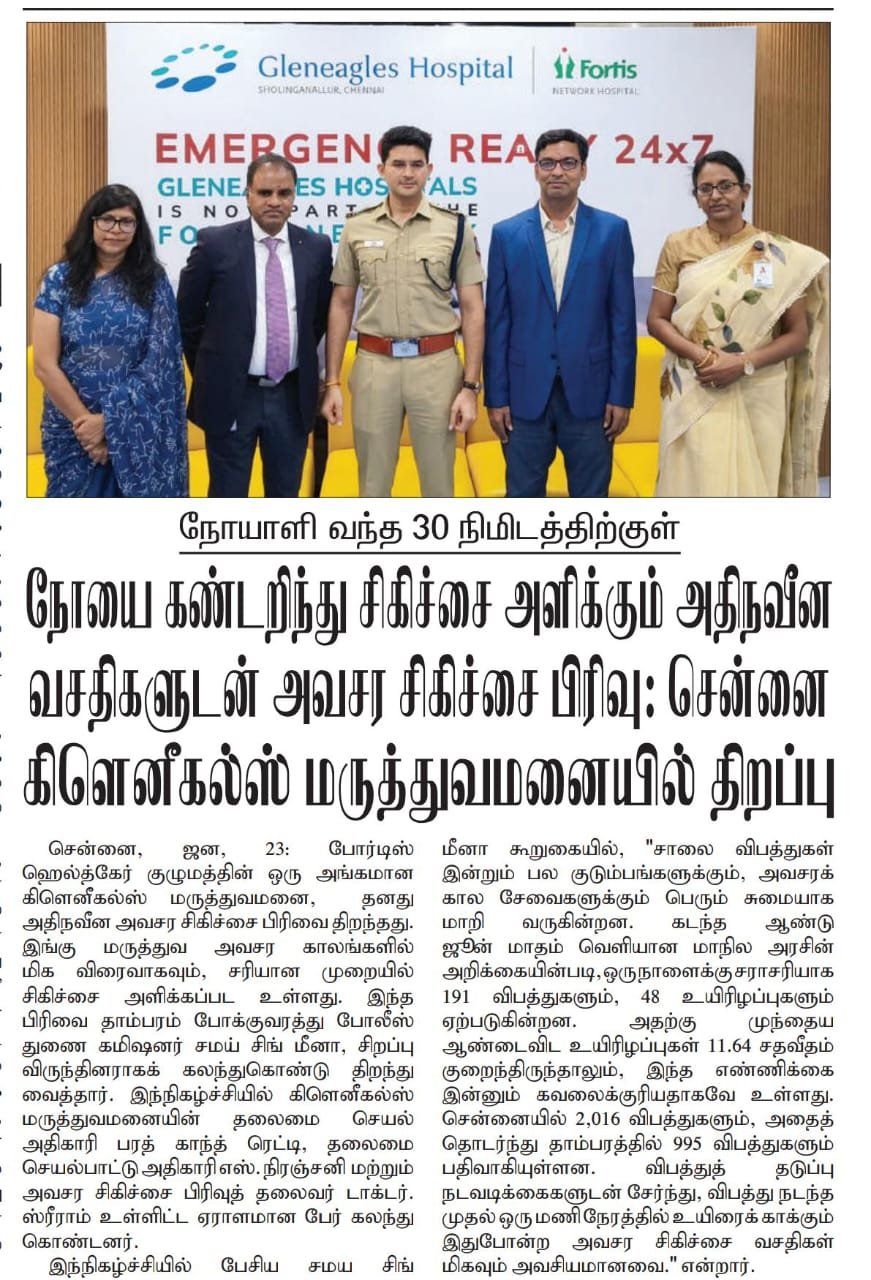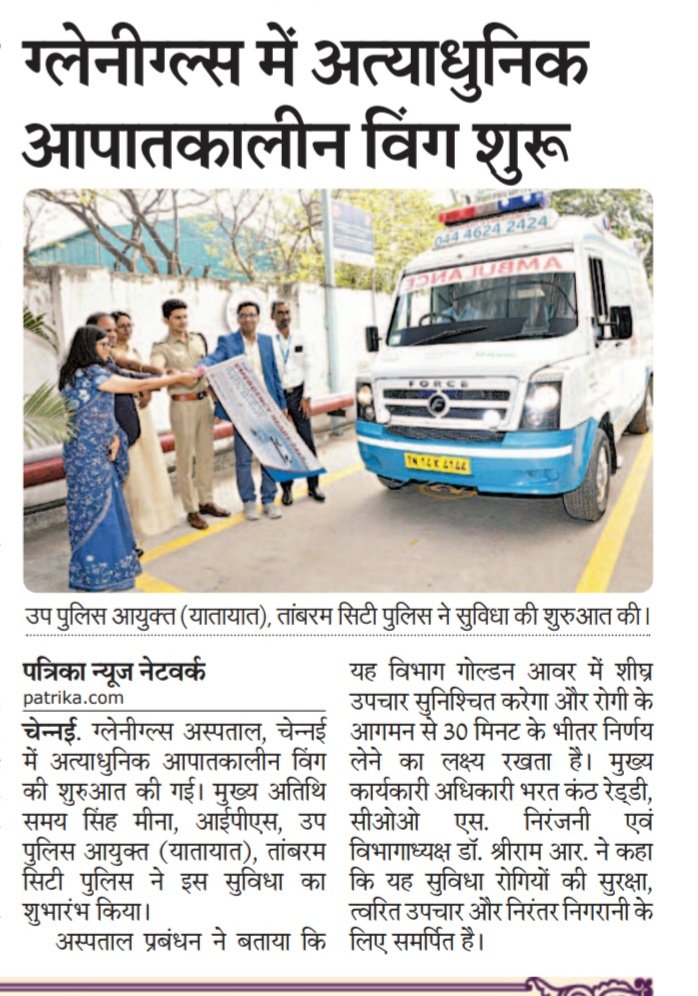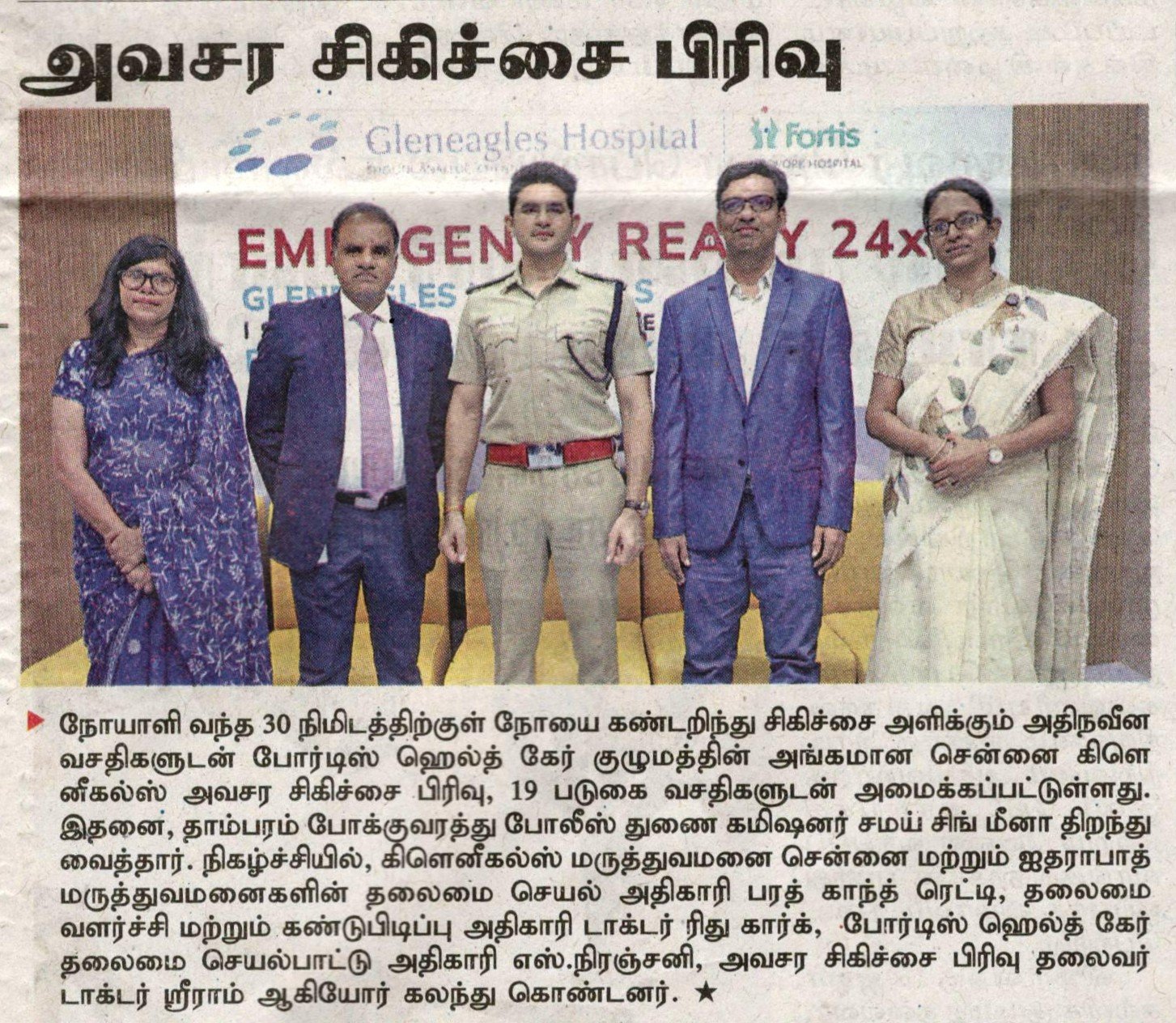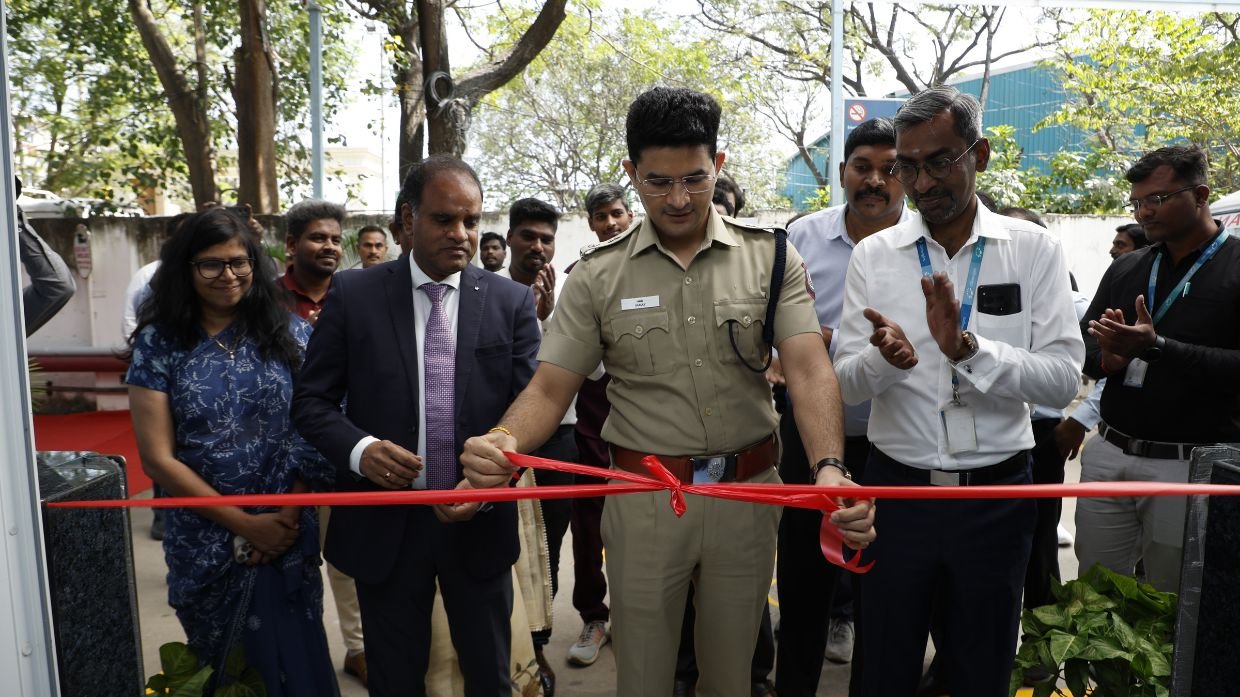Uterine Transplant
We are proud to state that thematic surgical approaches with customised care have led to Gleneagles Hospitals being ranked as the top uterine transplant hospital in Chennai. Our highly skilled medical team, which specialises in advanced technologies, helps women who require uterine transplant. As leaders in this ultra-specialised field, we turn the impossible into reality for our patients.
Uterine transplantation is a highly specialised procedure that combines advanced surgical expertise, creativity, and compassionate care. It is designed for women who are unable to conceive due to the absence of a uterus, whether congenital or surgically removed. At Gleneagles Hospital, we go beyond performing procedures – we offer the gift of hope and the possibility of a new chapter in life for women and their families.



























